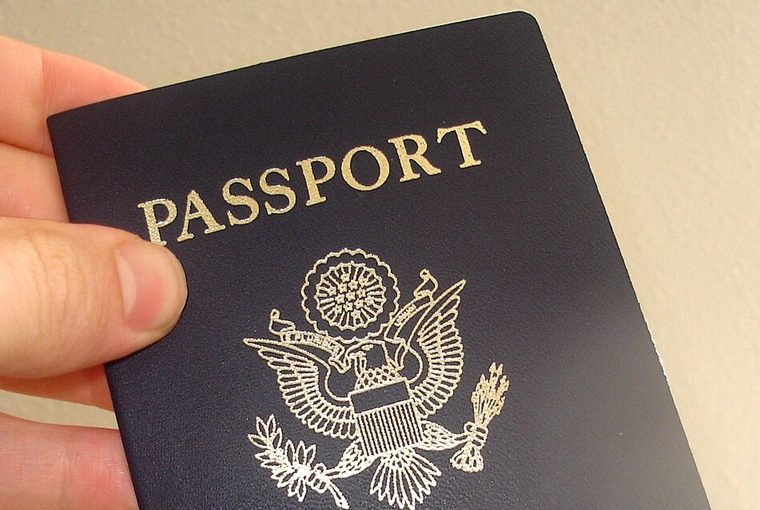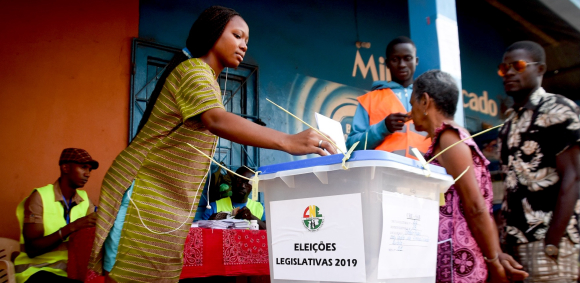Mali has announced that American citizens visiting the country for business or tourism will now be required to post a refundable bond of up to $10,000 (£7,500) before obtaining a visa. The move is a direct response to a similar visa bond policy recently implemented by the Trump administration on citizens of several African nations, including Mali.
In a statement on Sunday, Mali’s foreign ministry said the decision was taken after Washington imposed the requirement “unilaterally,” describing the move as “an identical visa programme” designed to ensure reciprocity. The ministry added that the new policy will apply to all US nationals seeking to visit Mali for business or tourism.
The US Embassy in Bamako confirmed the change on Friday, saying that the visa bond system reflects Washington’s “commitment to protecting America’s borders and safeguarding national security.” However, Mali’s government has criticized the US measure, calling it unfair and inconsistent with ongoing diplomatic efforts to strengthen bilateral ties.
The new visa policy comes at a sensitive time, as both countries have been trying to rebuild relations. In July, a US delegation visited Mali to discuss counterterrorism cooperation and economic partnerships, including potential American investment in Mali’s gold and lithium sectors. Despite these talks, relations remain tense following Mali’s 2021 military coup, which brought Gen. Assimi Goïta to power.
Since taking control, Goïta has distanced Mali from its traditional Western allies, notably France and the US, and turned instead toward Russia. French troops were expelled, and Russian mercenaries from the Wagner Group—now operating under the rebranded Africa Corps—were invited to assist Mali’s army in battling jihadist insurgents spreading across the Sahel region.
Mali’s reciprocal visa decision also comes amid broader tensions between Washington and several West African military-led governments. Just last week, neighboring Burkina Faso’s junta refused to accept deportees from the United States after the Trump administration suspended visa issuance for Burkinabe citizens. Burkina Faso’s foreign affairs minister, Karamoko Jean-Marie Traoré, accused the US of “blackmail” and claimed Washington had pressured the government to take in migrants from other countries.
Observers say Mali’s move is part of a growing wave of pushback from African nations against what they see as heavy-handed US immigration and foreign policies. The Trump administration has sought new deportation agreements with African states as part of its broader crackdown on immigration and border control.
The introduction of the $10,000 visa bond marks a new chapter in US-Mali relations, one shaped by mutual distrust, shifting alliances, and competing global influences between Washington, Moscow, and regional powers in West Africa.














Leave a comment